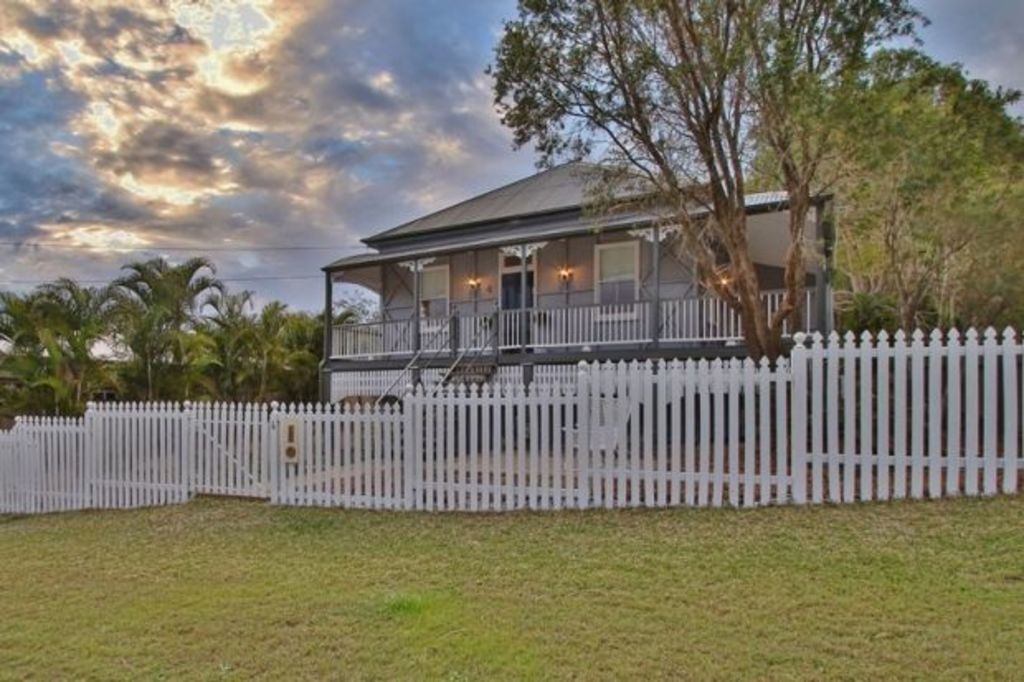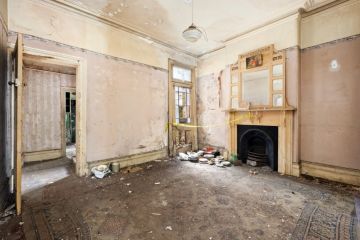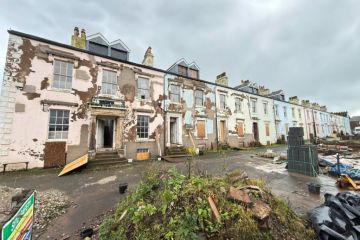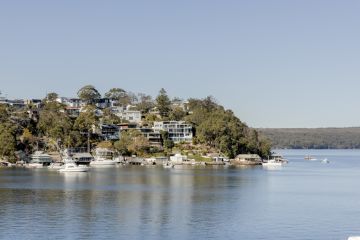Is 2016 the year for property in Ipswich?

Affordable house prices are driving a recovery in Ipswich as first-time buyers and investors take advantage of a market that has struggled since the 2011 floods.
Local agents are reporting an urgency from buyers not seen in recent years; sales volumes are up and days on the market are down.
Neil Mundy, agent at Ray White Ipswich, said this was so far the best year he’d had in 11 years as a real estate agent.
“The momentum is certainly back in the market. There’s a lot of people from either interstate or Brisbane who have realised what you can get for your money here … only 27 minutes from Brisbane,” he said.
“I recently listed a three-bedroom house at Eastern Heights for $450,000 – and sold it 90 minutes later for $450,000.”
LJ Hooker agent Richard Bird described Ipswich as a “sleeper” and predicted significant rises in house prices by the end of this year or mid-next year.
“I can remember when investors were pushing this much in 2006; that’s what it feels like now. There’s pressure in the market,” he said.
“I’m not going to say there’s a boom coming but I do think we’ll see significant increases by the end of the year.”
Ipswich is renowned for its abundance of beautiful period properties and according to Adam Horth, principal at Johnson Real Estate Ipswich, it’s these homes that many buyers are targeting.
“Anything pre-1960 is very popular – and that’s where the growth is. Suburbs like Newtown and Eastern Heights are selling hand over fist,” he said.
“Twelve months ago, a great value property would sit there for weeks on end. Now, a well-priced property gets sold within days.
“We’re really yet to see prices go up but our sales volumes are certainly up – and volume is always a sign that prices are on their way up.”
Domain Group data showed house prices in Ipswich had only moved by 0.1 per cent over the past 12 months and in the five years since the floods, by only 7 per cent. However, in suburbs such as Eastern Heights, prices have gone up by as much as 17.7 per cent.
RealWay principal Geoff Giles said most of his new activity was being driven by first-time buyers.
“Affordability is key. There seems to be a new wave of first homebuyers entering the market again and they’re most active in the $300,000 market. Anything over $400,000 they’re not interested,” he said.
But while the affordable house prices are drawing first time buyers to Ipswich, most are unable to touch properties that flooded in January 2011, even if they’re willing.
Mr Horth said because most of the affected suburbs were deemed to be a 1 in 25-year risk, the lender’s mortgage insurance companies would not lend to flood affected properties.
Lenders mortgage insurance (LMI) is often taken out by buyers who have less than a 20 per cent deposit.
“These limitations are really hindering the market because first homebuyers all love the flooded properties; they’re so affordable and they’re nearly brand new inside,” Mr Horth said.
“But if they’re looking at a $230,000 home, they have to have a $46,000 deposit. Buyers in Brisbane may be able to afford that but here in Ipswich, they often can’t.”
It’s made the property market recovery in Ipswich infinitely more difficult than in Brisbane, Mr Giles said.
“They’re still very difficult to sell. First homebuyers love them; they love the price point and they always want to buy them. When it comes to getting a loan though, they’re nine times out of 10 knocked back because of mortgage insurance,” he said.
“Also, the cost of insurance is often prohibitive. Someone who pays $250,000 for a house in Ipswich isn’t going to want to spend $6000 a year on insurance, whereas someone buying a multimillion-dollar riverfront home in Brisbane probably still will.
“It’s going to take a lot longer to recover than Brisbane yet.”
States
Capital Cities
Capital Cities - Rentals
Popular Areas
Allhomes
More
- © 2025, CoStar Group Inc.







